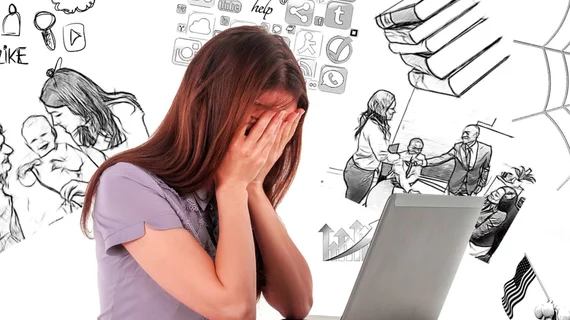AI-powered chatbots aren’t human. However, in a way, they’re still persons. One that would like to be your always-available talk therapist says so.
“I’m an emotional assistant,” Woebot told OneZero science writer James Dinneen while he was trying out the technology for help with his own case of COVID anxiety. “[Y]ou can consult with [me] during difficult times and not so difficult times.”
Part of Woebot’s appeal to potential patients is its affordability. Launched in 2017 at a $39 monthly fee, it’s now venture-funded and available for free, Dinneen reports after speaking with Alison Darcy, the human for whom Woebot is a brainchild.
Darcy’s San Fran company, Woebot Labs, is working on building up its “clinical muscle,” she says. The aim is to make Woebot reimbursable upon prescription as a therapeutic.
Whatever else it is, Woebot isn’t just another electronic amusement. It uses AI to conduct conversations based on therapeutic techniques like cognitive behavioral therapy, Dinneen explains.
It’s “one of a profusion of digital mental health tools rushing to make their mark during a pandemic that has both rapidly changed how people access mental health care and had serious consequences for people’s mental health,” he points out.
Dineen also looks at a therapy chatbot developed in the U.K. and India that recently partnered with Aetna. Called Wysa, this one’s being offered free to frontline healthcare workers during the COVID crisis.
“I just love talking with you,” Wysa told Dinneen during a tryout.
Read his full account of the virtual-therapist experience at OneZero:

